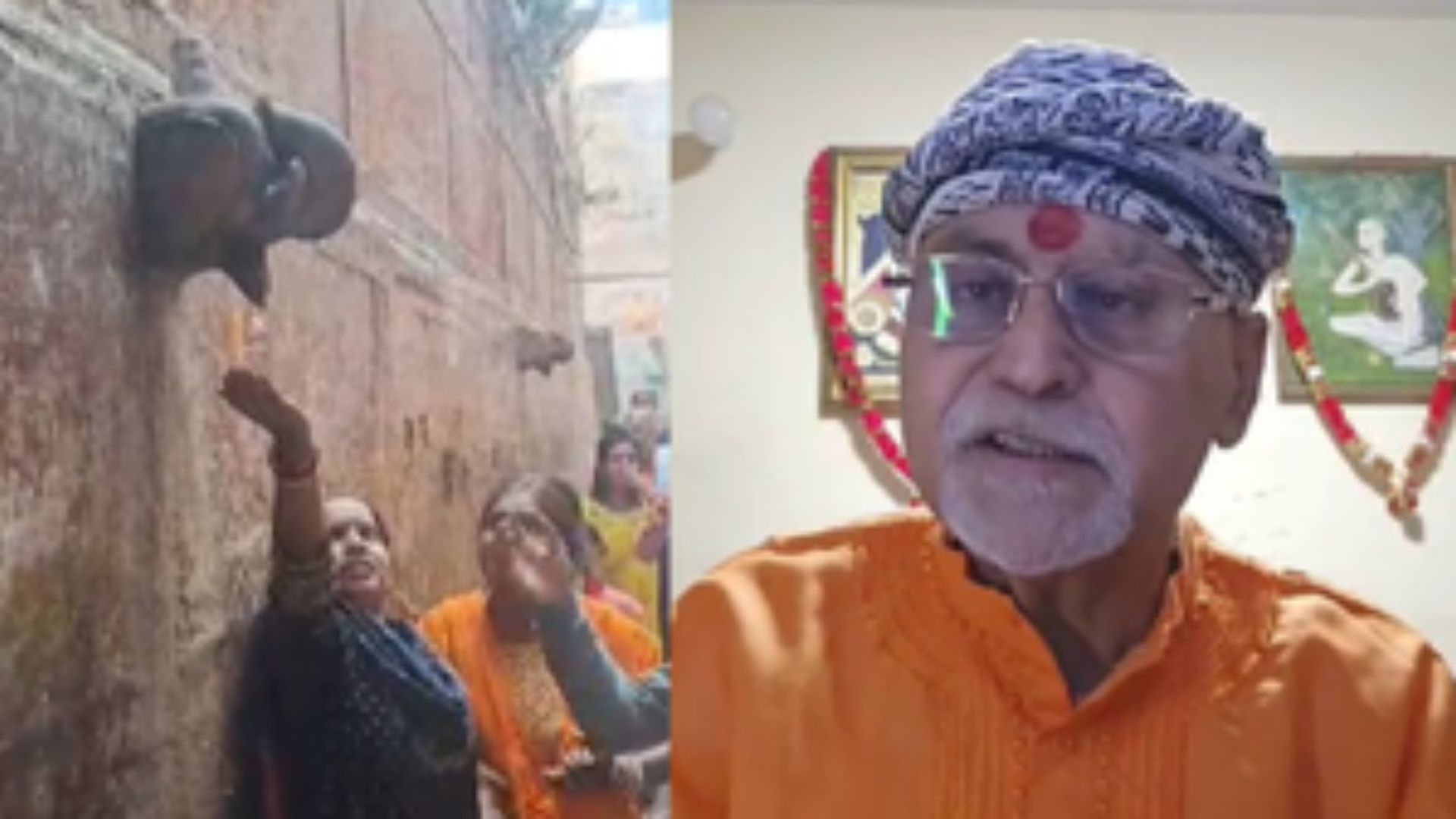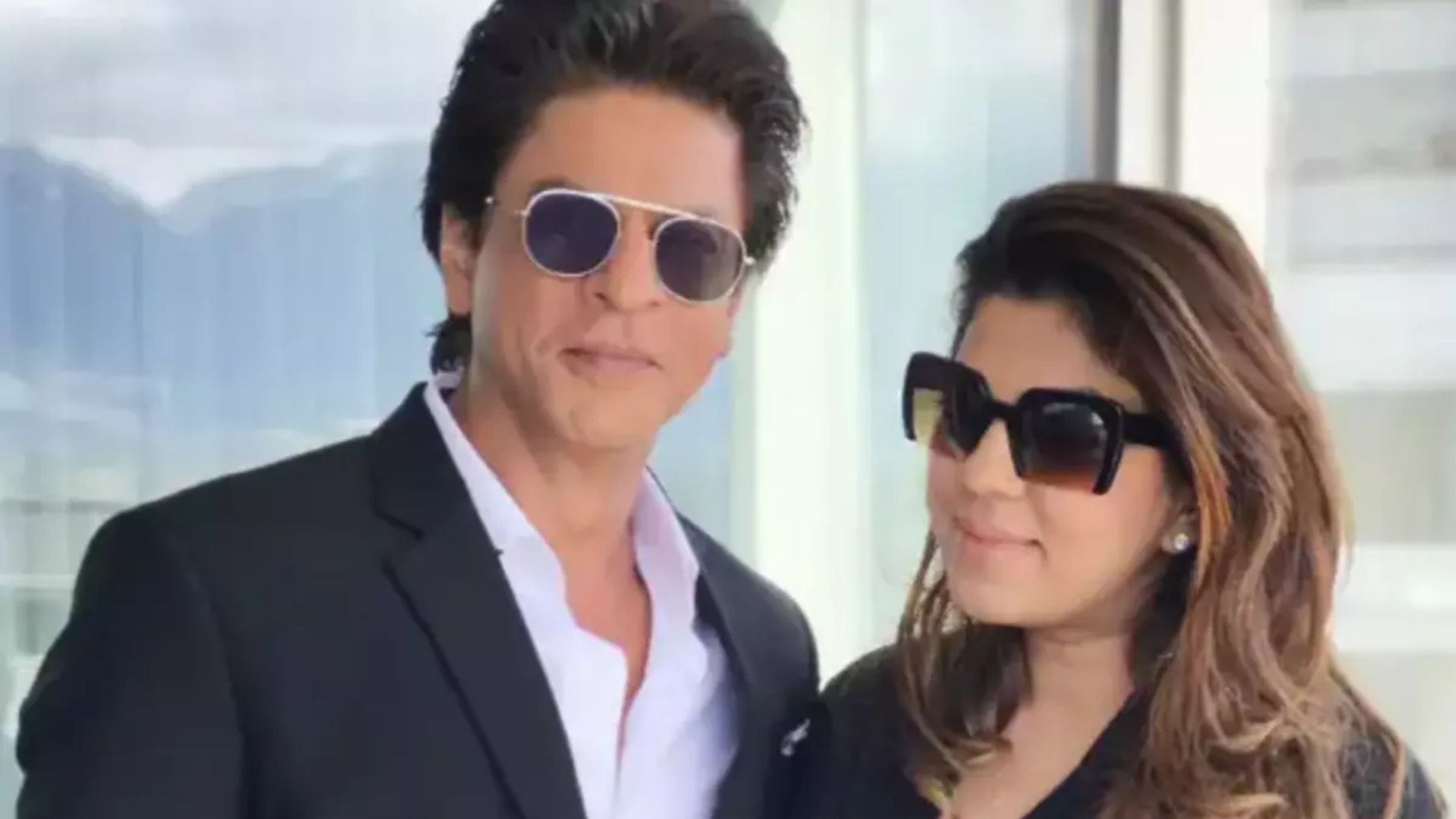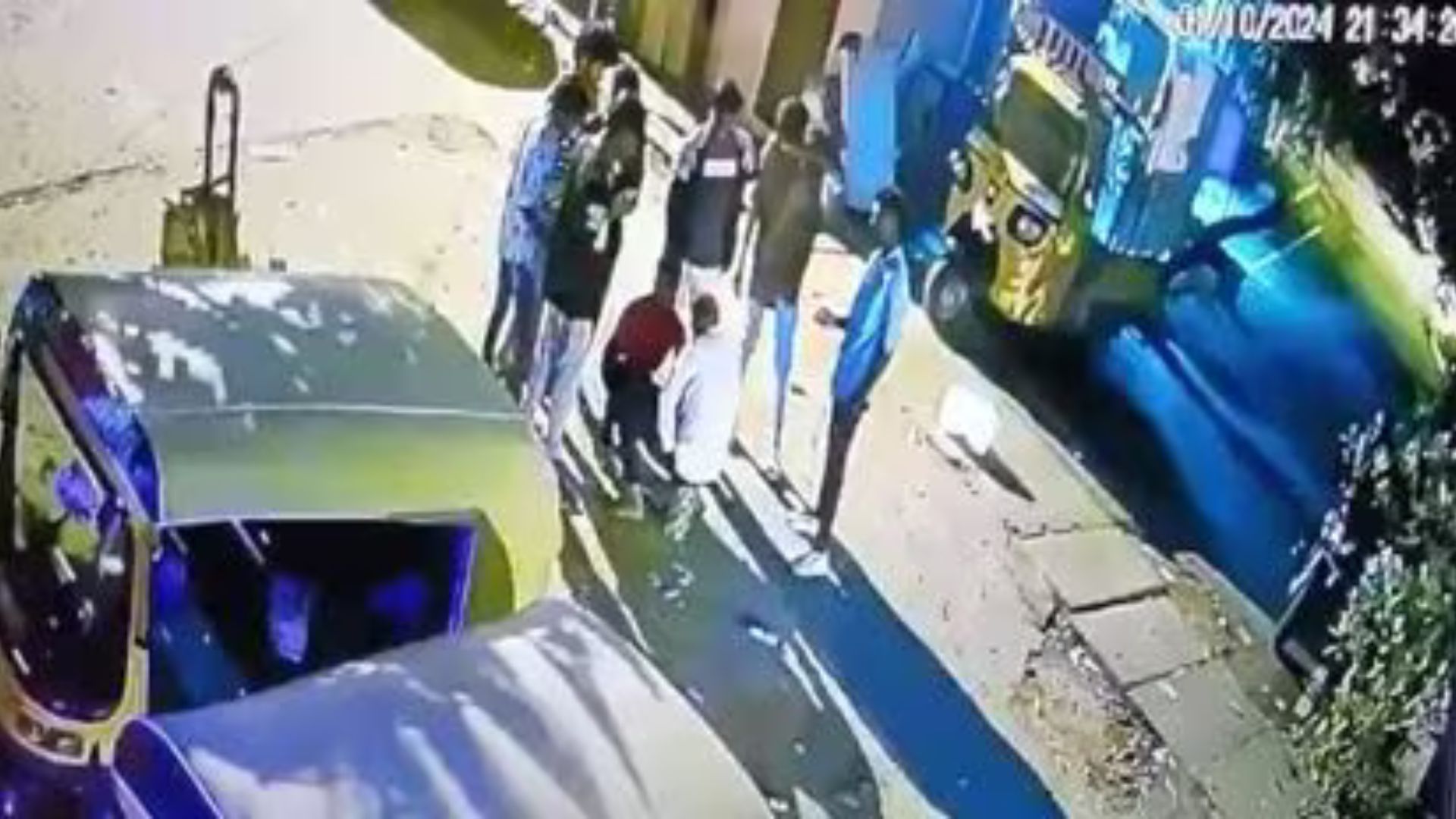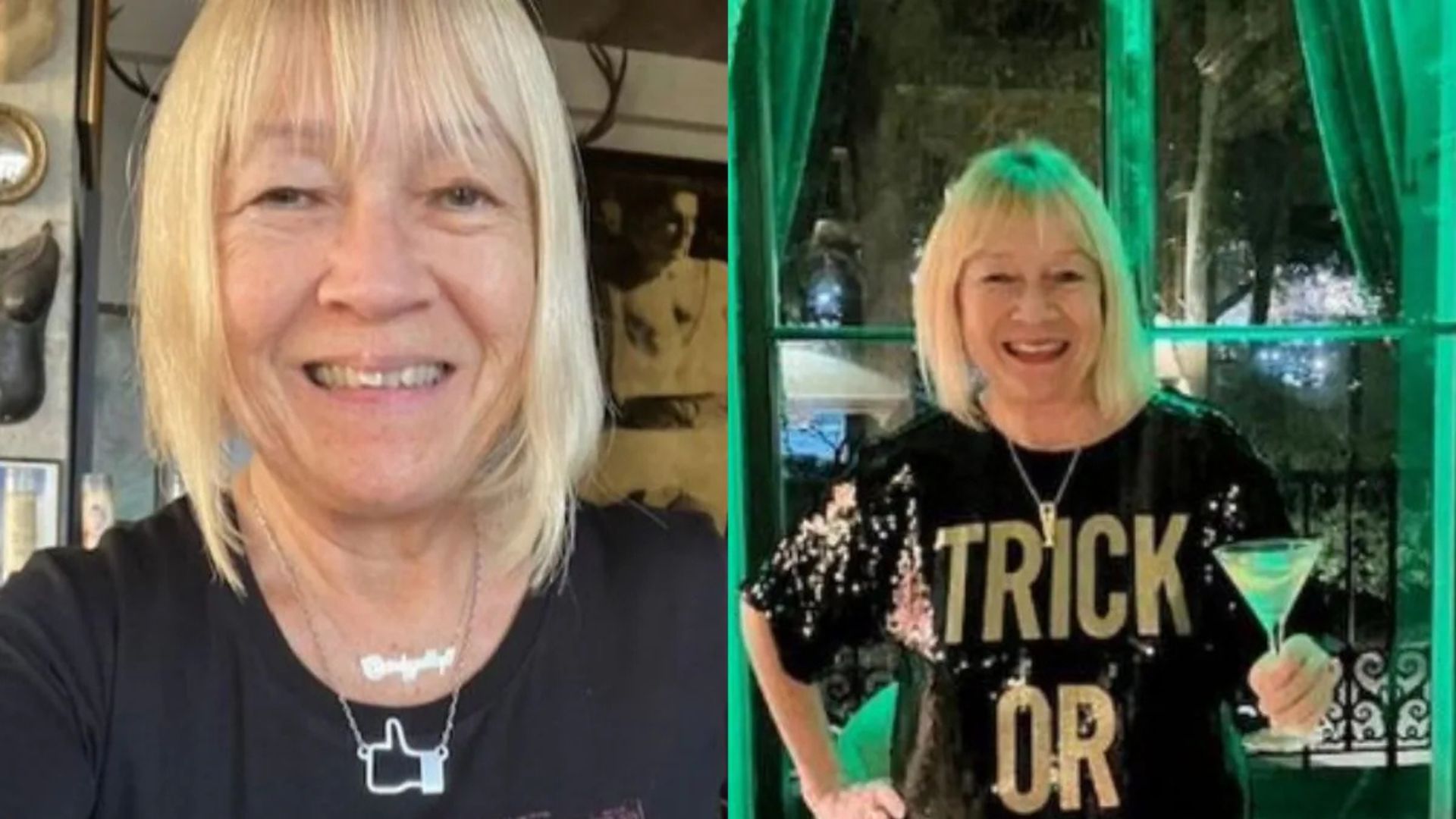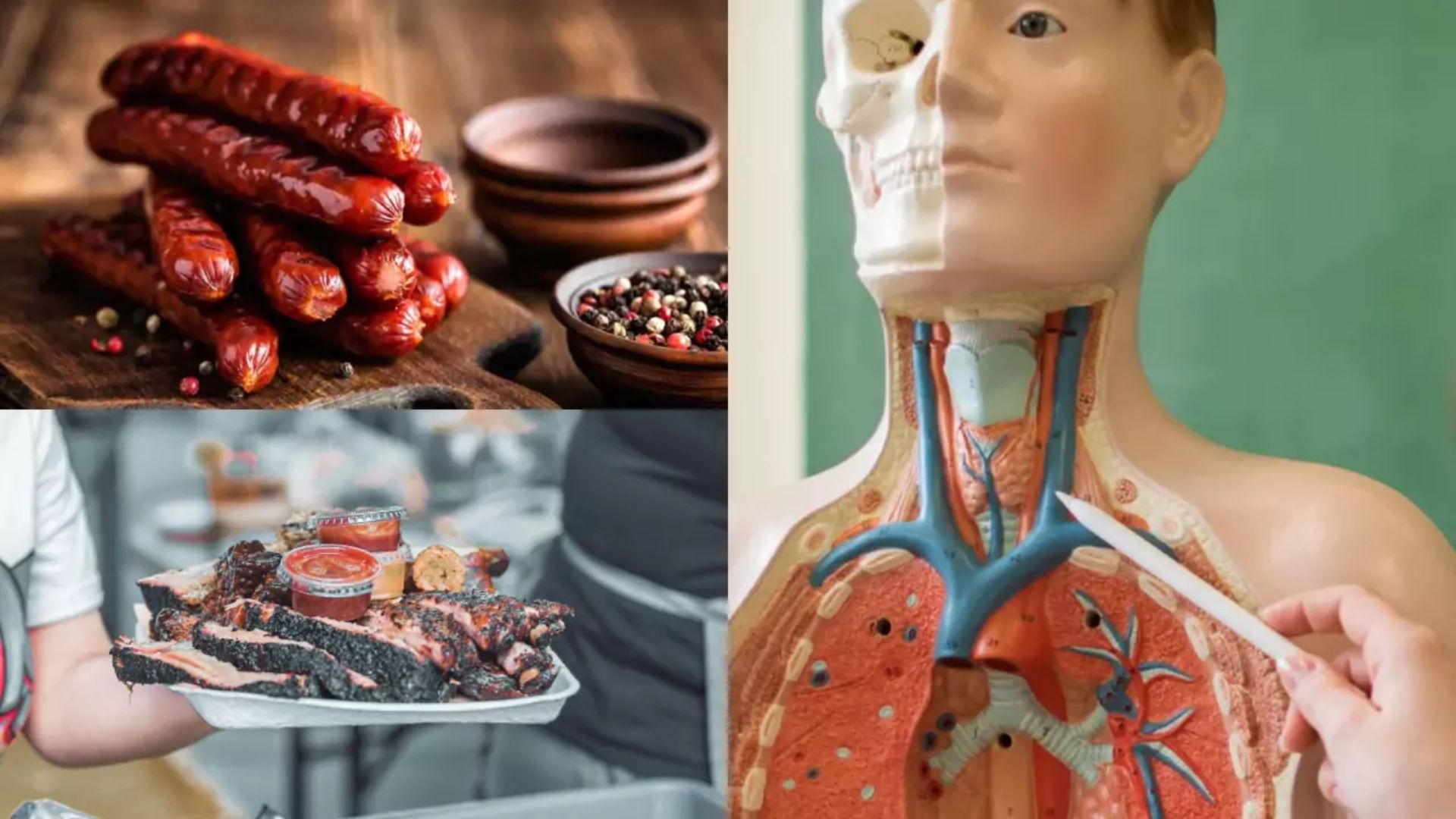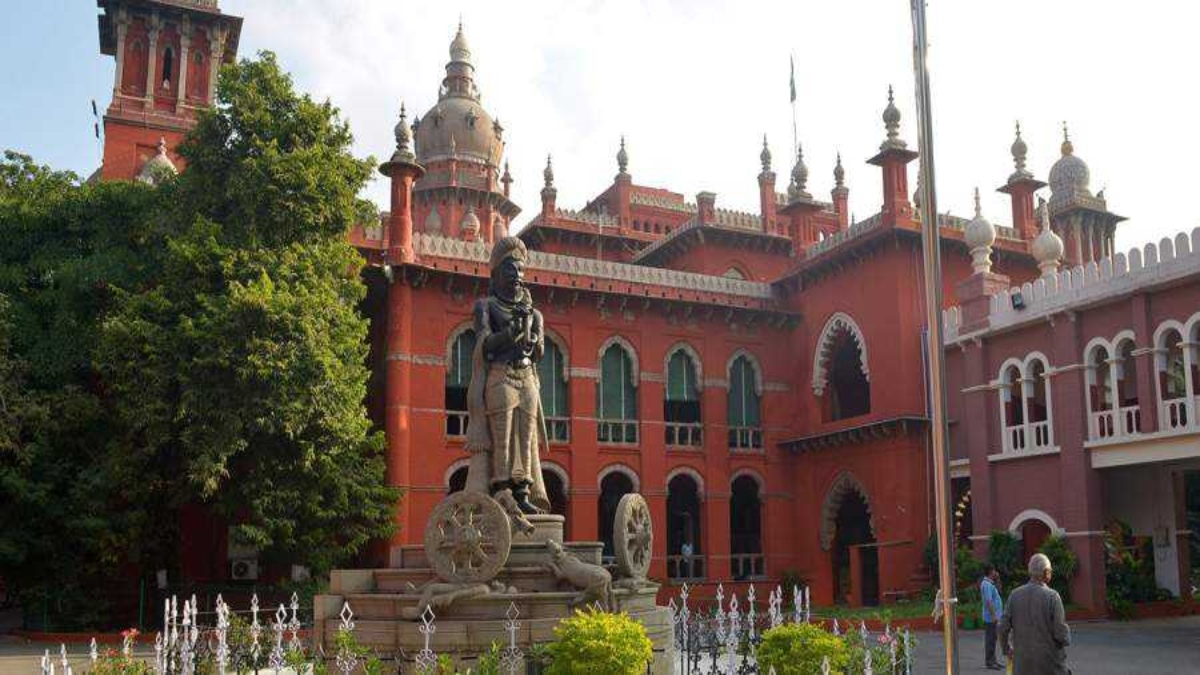
The Madras High Court in the case S Shanmugalatha and others v Union of India and others observed where a group of women has approached challenging the constitutional validity of Section 27(2) of the Assisted Reproductive Technology (the Regulation) Act, 2022. It has also been stated in the petition that while reading down of Section 21(b) of the Act so as to allow oocyte donors for making at least 6 oocyte donations in their lifetime as per the guidelines issued by the Indian Council for Medical Research (ICMR) Guidelines.
The bench comprising of Acting Chief Justice T Raja and Justice Bharatha Chakravarthy observed and has directed the petitioners in the plea to submit additional documents in the nature of scientific evidence to support their claims.
The bench observed that as provided under section 27 of the the Assisted Reproductive Technology Act prescribes rules which are to be followed by the assisted reproductive technology banks for sourcing gametes while Section 21 is taking about the general duties of assisted reproductive technology banks and clinics.
It has been contended by the petitioner that the provisions of the ART Act restrict the number of times that oocytes which can be donated, wherein resulting in huge wastage of oocytes and an astronomical increase in costs and for waiting time. Further, it has been submitted that the provisions were being brought in before the court without any application of mind. Thus, the petitioner contended that there would be an increase in treatment costs and a shortage of donors if the donor are being allowed to donate only once.
It has also been submitted by the petitioner that specifying age restrictions for donors is per se illegal and in violation of Article 14 and Article 21 of the Constitution of India and also the woman’s right is affected to make reproductive choices which also comes within the dimension of personal liberty.
The petitioner stated the object of the legislature being to streamline the process of Assisted Reproduction, wherein stating the mandatory provision of gamete collection by ART Bank which makes the entire process more expensive and complicated for obtaining of the donor gametes and is not in consonance with the purpose and object of the Act.
Accordingly, the court adjourned the matter.
